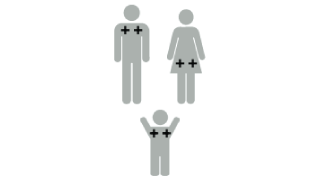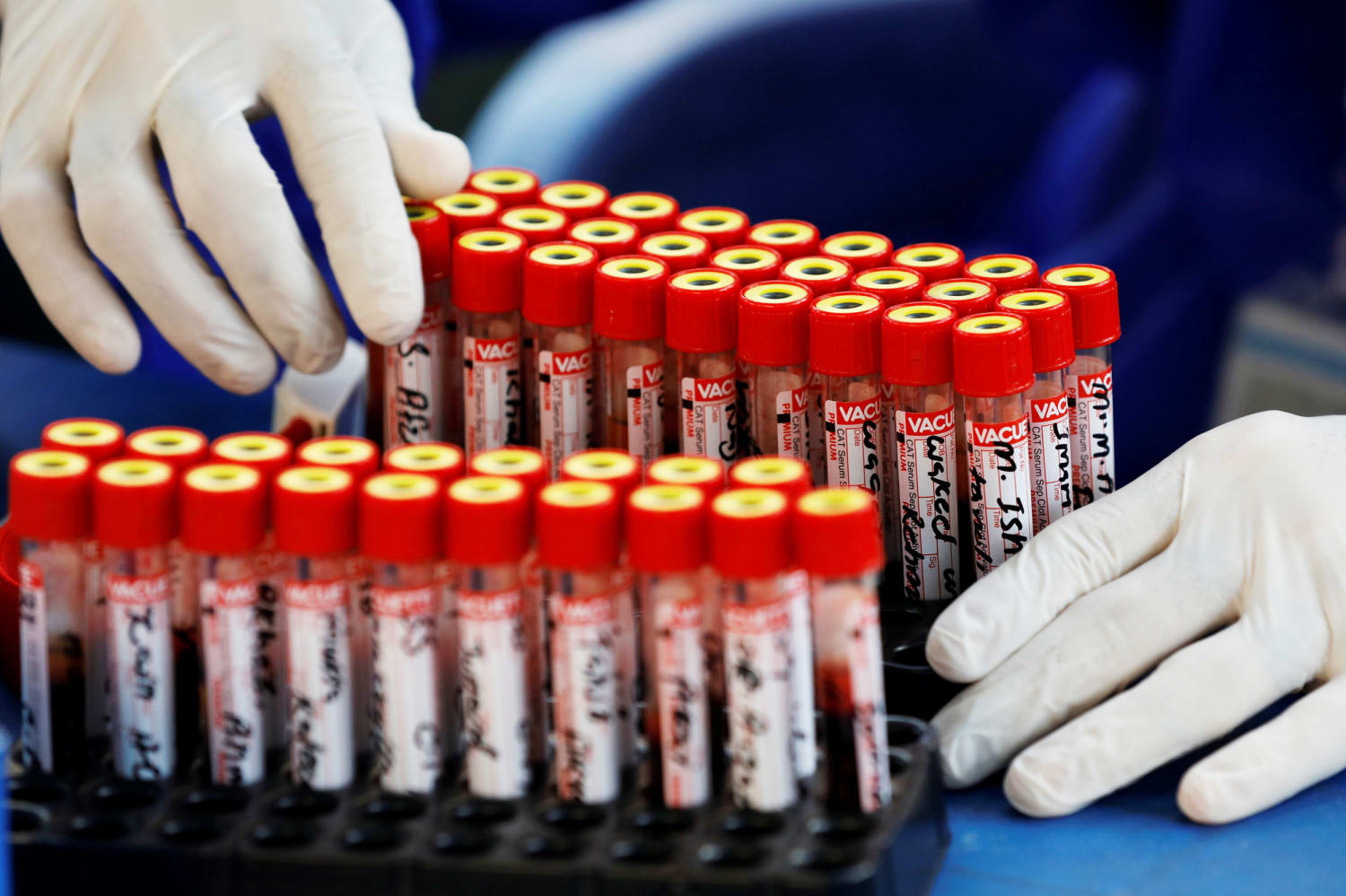

‘This association has now been demonstrated by several studies from several countries – including the genomewide association study – so I think it is likely to be a real association,’ he told newsGP.Īntibodies to the ABO blood groups may have some protective role for COVID-19, according to Dr James Daly.ĭr Daly cites other examples of blood group associations with susceptibility to infectious diseases, including malaria, Helicobacter pylori, hepatitis B, and the previous SARS-CoV virus. He agrees the studies do suggest an ‘interesting association’ with ABO blood groups and risk of COVID-19 infection, as well as severe infection. However, Dr James Daly, Medical Director of Pathology Services at the Australian Red Cross Lifeblood, is more convinced. ‘So better studies to consolidate the robustness of the observation and some studies of biological mechanism are required.’ Further, none of these elucidate the mechanism. ‘Any protection by blood group status of either infection or disease severity is partial. ‘A study that incorporates community recruitment with controls from the same community may be more ideal than these studies,’ he said. Professor Kelleher believes that if further studies are to be conducted into the influence a person’s blood type can have on their COVID-19 risk, the patient cohort should be expanded.

‘Remember, the majority of people do well with this disease and may never go near a hospital, so just relying on hospital recruitment for a study may give an ascertainment bias, especially when the major comparator group are healthy volunteers.’ ‘Further, if you really want to look at the association you need to incorporate all those with infection, not just those who present to hospital. ‘The control or comparator groups for these studies are not ideal and may lead to biases in the interpretation,’ he said. Professor Anthony Kelleher, Director of the Kirby Institute and Head of its Immunovirology and Pathogenesis Program, told newsGP that while these studies raise some intriguing issues, further research is needed. Patients from O blood groups had lower risk, suggesting that ‘the ABO blood type could be used as a biomarker to predict the risk of SARS‐CoV‐2 infection’.

The ABO blood-group distribution of 2173 patients diagnosed with COVID-19 from three hospitals in Wuhan and Shenzhen, China, was compared with the blood types of the general population in the same regions.įurther findings published in the British Journal of Haemotology (BJH) demonstrated that, from a cohort of patients in Wuhan, those from A blood groups were at higher risk of hospitalisation following SARS‐CoV‐2 infection. ‘Blood-group specific analysis showed a higher risk in blood group A than in other blood groups … and a protective effect in blood group O as compared with other blood groups,’ the study authors wrote.Īlthough an early study with limitations and yet to be peer reviewed, findings from Chinese researchers also indicated that people with type A blood might be more susceptible to contracting the virus, while those with type O blood may be more protected. The study tracked 1900 people in Spain and Italy who were seriously ill with COVID-19 and compared their results with 2000 well people. People with type A blood are associated with having a 45% higher risk of contracting the novel coronavirus that causes COVID-19, according to a study published in the New England Journal of Medicine (NEJM). Various studies have been conducted to explore the association between blood groups and COVID-19 risk and severity.

International studies suggest those with blood type A are more at risk, but experts say further evidence is needed.


 0 kommentar(er)
0 kommentar(er)
